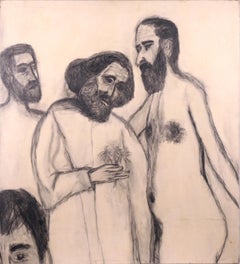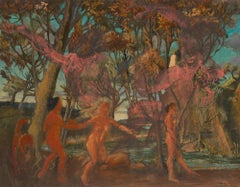Items Similar to The Prelude, Early 20th Century Egg Tempera on board
Want more images or videos?
Request additional images or videos from the seller
1 of 4
Francis PlummerThe Prelude, Early 20th Century Egg Tempera on board
$16,368.56
£12,000
€13,938.40
CA$22,551.78
A$24,595.89
CHF 13,029.24
MX$294,869.79
NOK 165,934.64
SEK 151,734.91
DKK 104,133.51
About the Item
Francis Plummer
1930 - 2019
The Prelude
Egg Tempera on board
Image size: 39 ½ x 49 ¼ inches
Original Frame
This work comes from a rare collection of works directly from the artist's estate, painted in the 1950s, is a fascinatingly original take on the human form.
Francis Plummer studied at the Royal Academy between 1949 and 1959, he was championed by Stanley Spencer and Sir Herbert Read and was the recipient of the coveted Leverhulme Scholarship.
He was an artist who specialised in portraits and figurative works, the latter forming the basis of our exhibition. His background as an anatomical artist is apparent in the portrayal of every muscle and tendon.
This collection of work is in the medium of egg tempera, a technique little used since the frescos of the Renaissance. He often worked on a large scale, but in tremendous detail, combining classical iconography and formal composition with visual exploration evocative of William Blake and Stanley Spencer. His principle focus is the depiction of the human form. He was featured doing just this in a wonderful Pathe short film, An Artist in Eggs (1958), which can be found on YouTube. Be sure to look out for one of the paintings in our exhibition on the wall of Plummer's studio.
The medium of egg tempera, used as a method of painting successive layers and the resulting translucency was ideal in portraying the subtleties of skin tone and physical detail.
Francis Plummer exhibited widely during his lifetime at venues including the Leicester Galleries, Leighton House Galleries and the Alwyn Gallery in Mayfair in 1975.
Few words by the artist:
The human form is used as the chief vehicle of expression. I regard the nude not nakedness as a distinct art form, and in it I identify with some of the greatest expressions in classical European painting and sculpture. It is extremely difficult to paint a convincing nude which contributes an insight of genuine and significant originality freed from direct dependence on models, but this is what I try to do, as-did the masters. Therefore, many studies from the life have been made as exercises to build up a background of knowledge and skill.
"In these works the Figure Man is used as icon, without reference to history or fashion. Over time it has evolved into the art form of the nude, something quite other than the portraiture of naked bodies. The endeavour is to show as real a spiritual existence, never to be endorsed by science or have the benefits of mercantile credit. Yet our space/time world does not exist in vacuo. Beauty is sought through definitive design existing always; and the appreciation of figure shapes and forms must stand without regard for any literary or other source for meaning, though gnosis underpins everything as far as possible. The themes are allegories, not reality theatre."
- Creator:Francis Plummer (1930 - 2019)
- Dimensions:Height: 39.5 in (100.33 cm)Width: 49.25 in (125.1 cm)
- More Editions & Sizes:39 ½ x 49 ¼ inchesPrice: $16,369
- Medium:
- Period:
- Condition:
- Gallery Location:London, GB
- Reference Number:1stDibs: LU5246141832
About the Seller
5.0
Gold Seller
Premium sellers maintaining a 4.3+ rating and 24-hour response times
Established in 2007
1stDibs seller since 2014
85 sales on 1stDibs
Typical response time: 3 hours
- ShippingRetrieving quote...Shipping from: London, United Kingdom
- Return Policy
More From This Seller
View AllExiled, Early 20th-Century Pre-Raphaelite Oil on board
By Francis Plummer
Located in London, GB
Francis Plummer
1930 - 2019
Exiled
Oil on board
Image size: 20 ½ x 24 ½ inches
Framed
This rare collection of works from the artists estate, painted i...
Category
Mid-20th Century Pre-Raphaelite Figurative Paintings
Materials
Oil
The Triple Deity, 20th Century Egg Tempera
By Francis Plummer
Located in London, GB
Francis Plummer
1930 - 2019
The Triple Deity
Egg Tempera on board, signed lower left
Image size: 24 x 20 inches
Gilt Framed
Plummer specialised in th...
Category
1950s Art Deco Figurative Paintings
Materials
Egg Tempera
The Dance, 20th Century Oil Painting
By Francis Plummer
Located in London, GB
Oil on board
Image size: 30 ¼ x 23 ½ inches
Gilt frame
Plummer specialised in the medium of egg tempera, a technique little used since the frescos of the Renaissance, he often work...
Category
Mid-20th Century English School Figurative Paintings
Materials
Oil, Board
Forgotten Journey, 20th Century British Artist, Signed and Dated 1939
By Harold Yates
Located in London, GB
Watercolour and ink on paper, signed and dated '1939' bottom left and entitled on the reverse
Image size: 18 x 9 inches (45.75 x 23 cm)
Original frame
This is a wonderfully moving w...
Category
1930s Modern Figurative Paintings
Materials
Ink, Watercolor
Figurine, 20th Century Oil on Board Signed Painting, Contemporary Frame
Located in London, GB
Mayer
20th Century
Figurine
Oil on board, signed lower right
Image size: 16 x 13 inches
Contemporary frame
Category
20th Century Figurative Paintings
Materials
Oil, Board
Self Portrait, Mid-20th Century Oil
Located in London, GB
Sheila Holland
1932-2002
Self Portrait
Oil on canvas, signed lower right
Image size: 30 x 22 inches
This is a wonderfully dynamic self portrait by the female artist Shelia Holland. ...
Category
Mid-20th Century Portrait Paintings
Materials
Oil
You May Also Like
Antique American Modernist Period Male Nude Surrealist Masterpiece Oil Painting
Located in Buffalo, NY
Amazing early American surrealist nude male portrait landscape. Painted by Charles W St Clair. Oil on board. Framed. Image size, 24L x 30H. Super detailed and rare!
Category
1930s Surrealist Nude Paintings
Materials
Canvas, Oil
[Bruce Sargeant (1898-1938)] Artist's Studio, Contemporary Figurative Painting
By Mark Beard
Located in New York, NY
A classical anatomical figure in an artist's studio, surrounded by brushes and a palette, with muted tones creating a contemplative and intimate atmosphere. Contemporary figurative painting by Mark Beard [Bruce Sargeant (1898-1938)]
Artist’s Studio
n.d.
Signed in red, u.r.
Oil on canvas
36 x 18 inches
$4,000 + $300 framing
The pure and brilliant world of Bruce Sargeant’s art seems terribly removed from our own, unhampered by the
prevalent inconsistencies of today’s world. Peopled with comely thoroughbreds, his paintings project a world vision
unchanged from the models cherished by idealist writers like E. M. Forster and Rupert Brooke in that golden decade
that led up to the Great War. Neither buff nor narcissistic, his fair-haired young athletes pose, somewhat
uncomfortably, before the painter’s gaze, not wanting the attention yet feeling their duty to submit. Though
tantalized by the New World dabbings of Robert Henri and John Sloan, Sargeant found his true inspiration in the art
and ethos of fifth-century Athens, where the achievement of the kaloi kagathoi, young men who were “beautiful to
look at and worthy of admiration,” were the perfect models for artistic rendering and public adulation. At base,
Sargeant’s models, like the sculptures of Lysippus and Praxiteles, are idealized heroes whose achievements on the
playing field earn them their renown. However, unlike his precursors, the painter requires no civic responsibility
from his ephebes, only physical stamina, gymnastic prowess, and good looks. His work bespeaks a class that existed
briefly, but was prolonged and attenuated in the languorous novels of writers such as Denton Welch...
Category
2010s Contemporary Paintings
Materials
Canvas, Oil
"The Cognoscenti", Contemporary Symbolist Figurative
By Michael Pauker
Located in Soquel, CA
"The Cognoscenti", a large-scale contemporary charcoal on canvas figurative scene by Bay Area artist Michael Pauker (American, b. 1957), 2008. A group of bearded men, whom the title ...
Category
Early 2000s Contemporary Figurative Drawings and Watercolors
Materials
Canvas, Charcoal
$2,120 Sale Price
20% Off
Untitled. 1990. Cardboard, tempera. 50.5x39.8cm
By Vladimir Glushenkov
Located in Riga, LV
Vladimir Glushenkov (1948-2009)
(May 21, 1948, Riga - December 26, 2009, Riga) - painter, graphic artist, poet, translator.
Vladimir Glushkenkov was born in family with Russian-Poli...
Category
Early 1900s Expressionist Figurative Paintings
Materials
Tempera, Cardboard
$1,724 Sale Price
20% Off
The Struggle, Early 20th Century Figural Group
Located in Beachwood, OH
August Frederick Biehle (1885-1979)
The Struggle, c. 1936
Pastel and graphite on illustration board
Unsigned
17 x 26 inches
20 x 28.5 inches, framed
Provenance: from the estate of Au...
Category
1930s American Modern Figurative Drawings and Watercolors
Materials
Pastel, Graphite
Helen Steinthal (1911-1991) - 20th Century Watercolour, The Warning
Located in Corsham, GB
A striking scene depicting a boy on horseback alerting a group of people on the beach pointing into the distance as the concerned people gather. The scene shows classical inspiration...
Category
20th Century Figurative Drawings and Watercolors
Materials
Watercolor
$291 Sale Price
20% Off
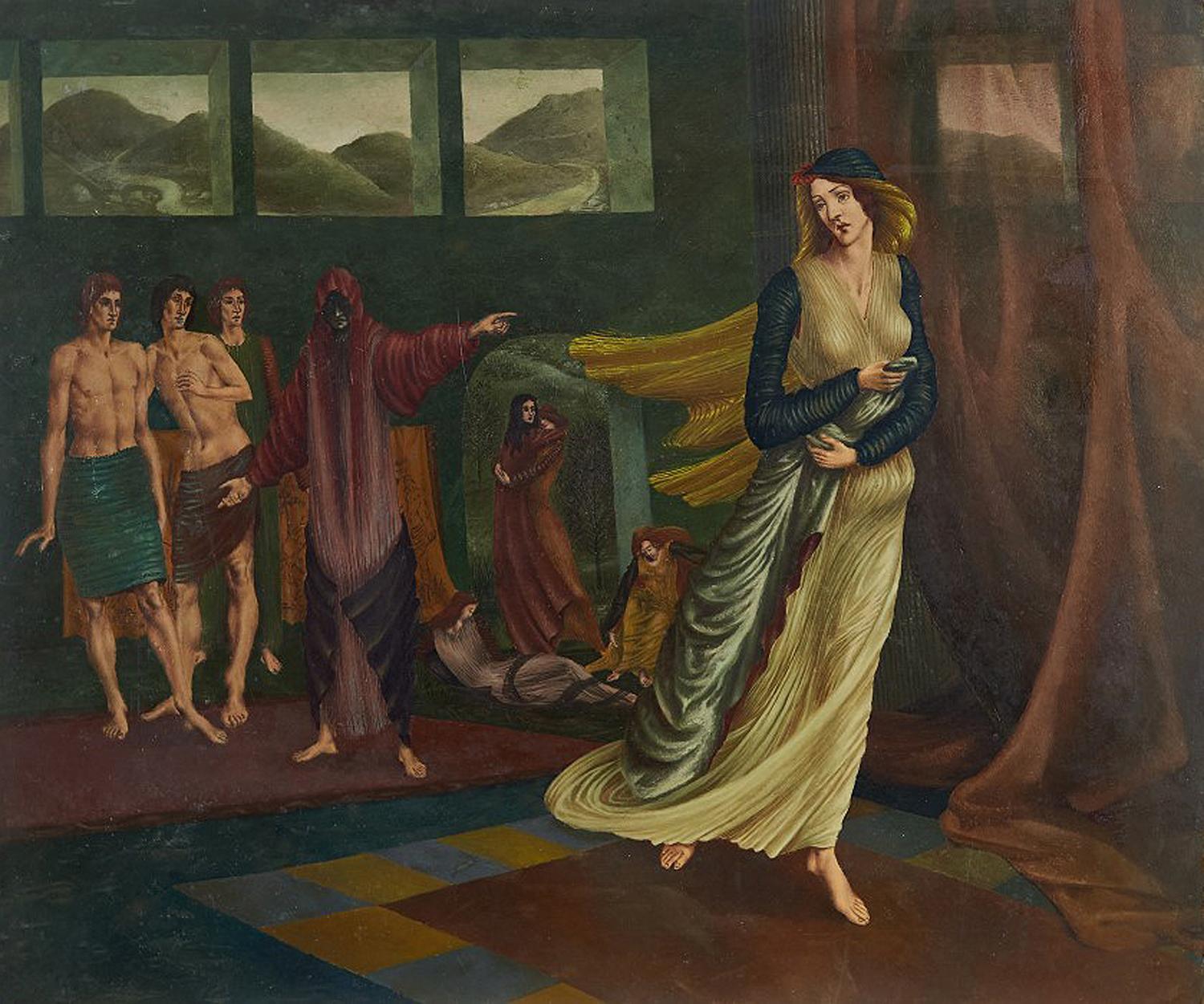
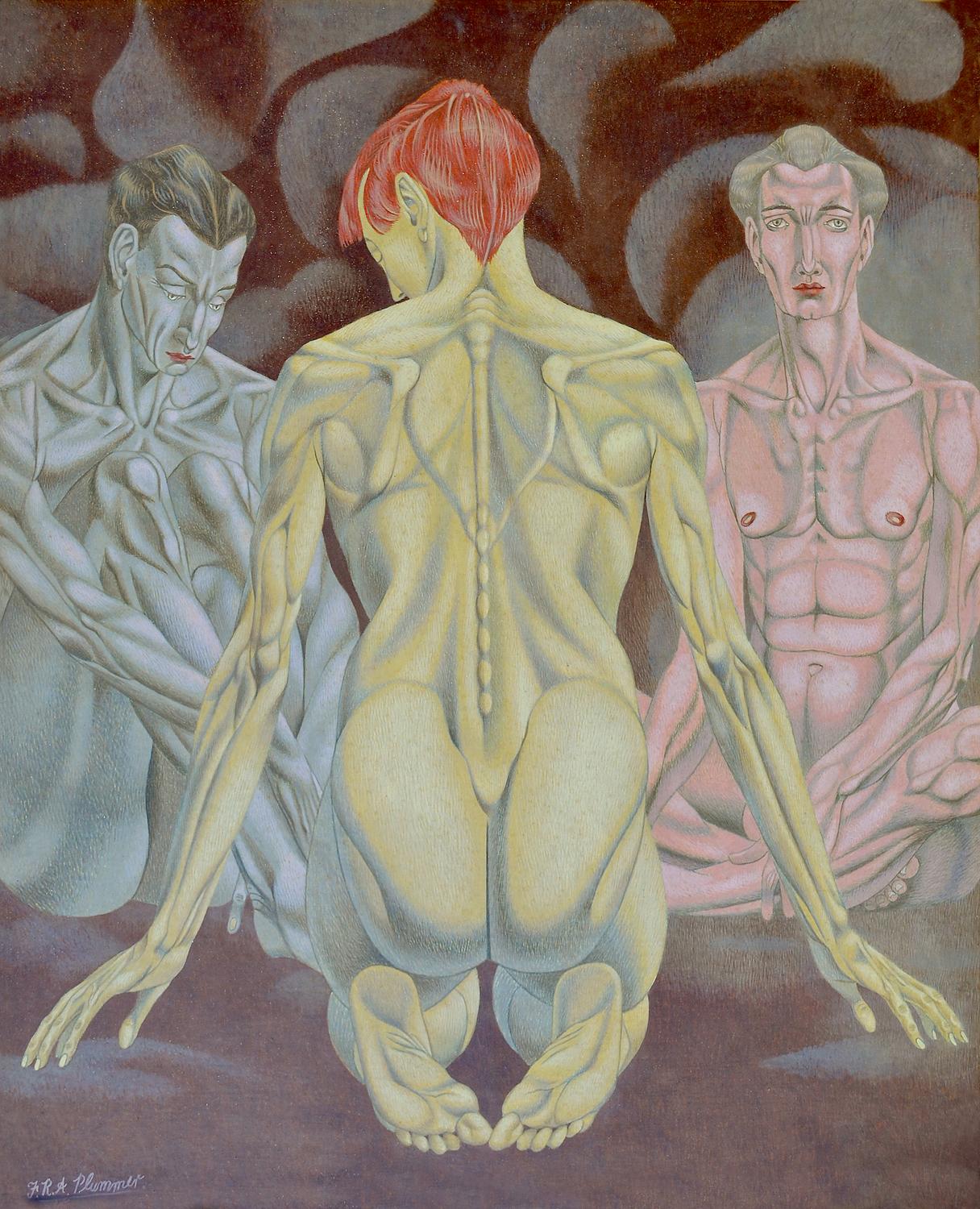
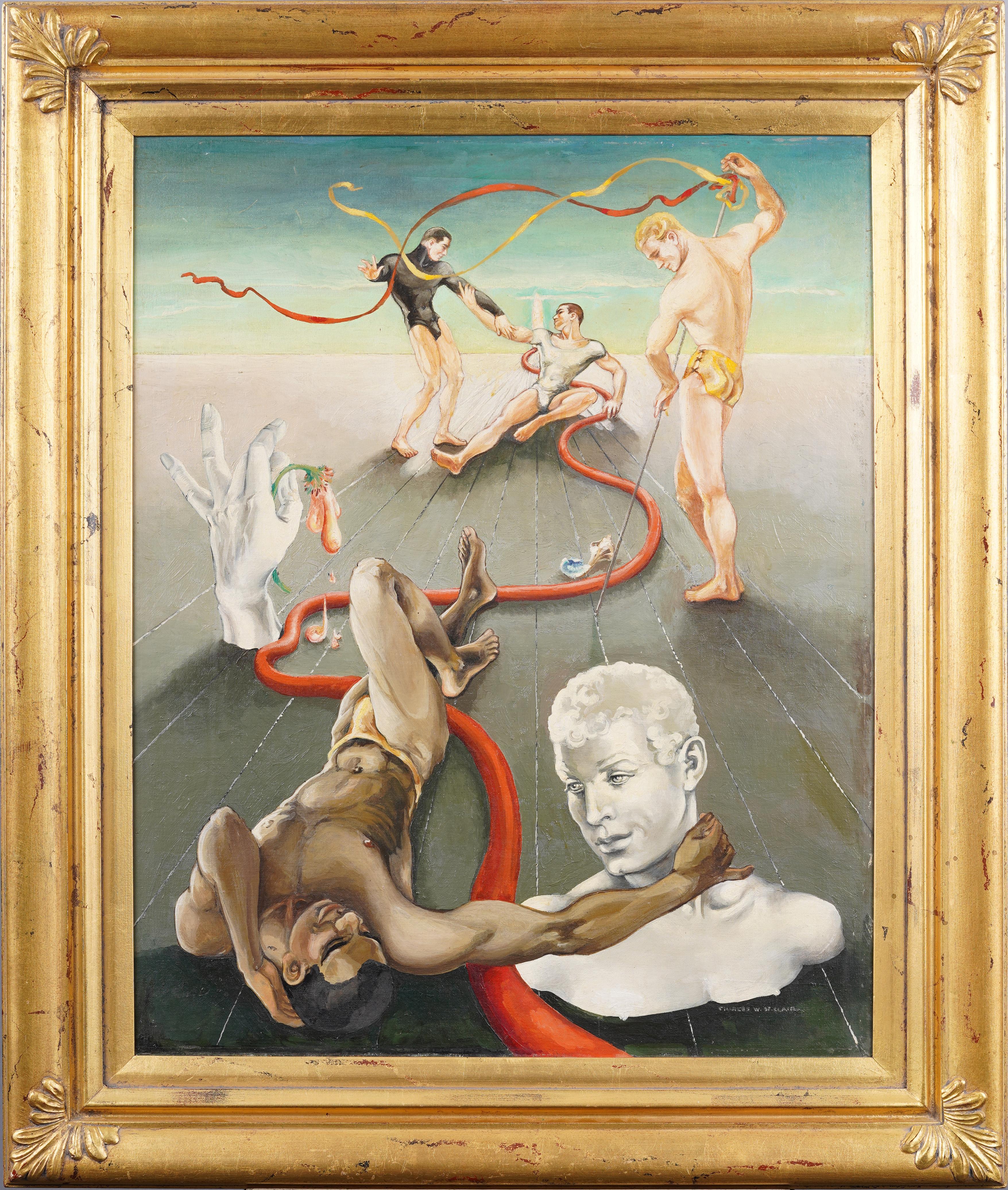
![[Bruce Sargeant (1898-1938)] Artist's Studio, Contemporary Figurative Painting](https://a.1stdibscdn.com/mark-beard-paintings-bruce-sargeant-1898-1938-artists-studio-for-sale/a_9323/1726073227289/Beard_Untitled_Artist_s_Studio__master.jpg)
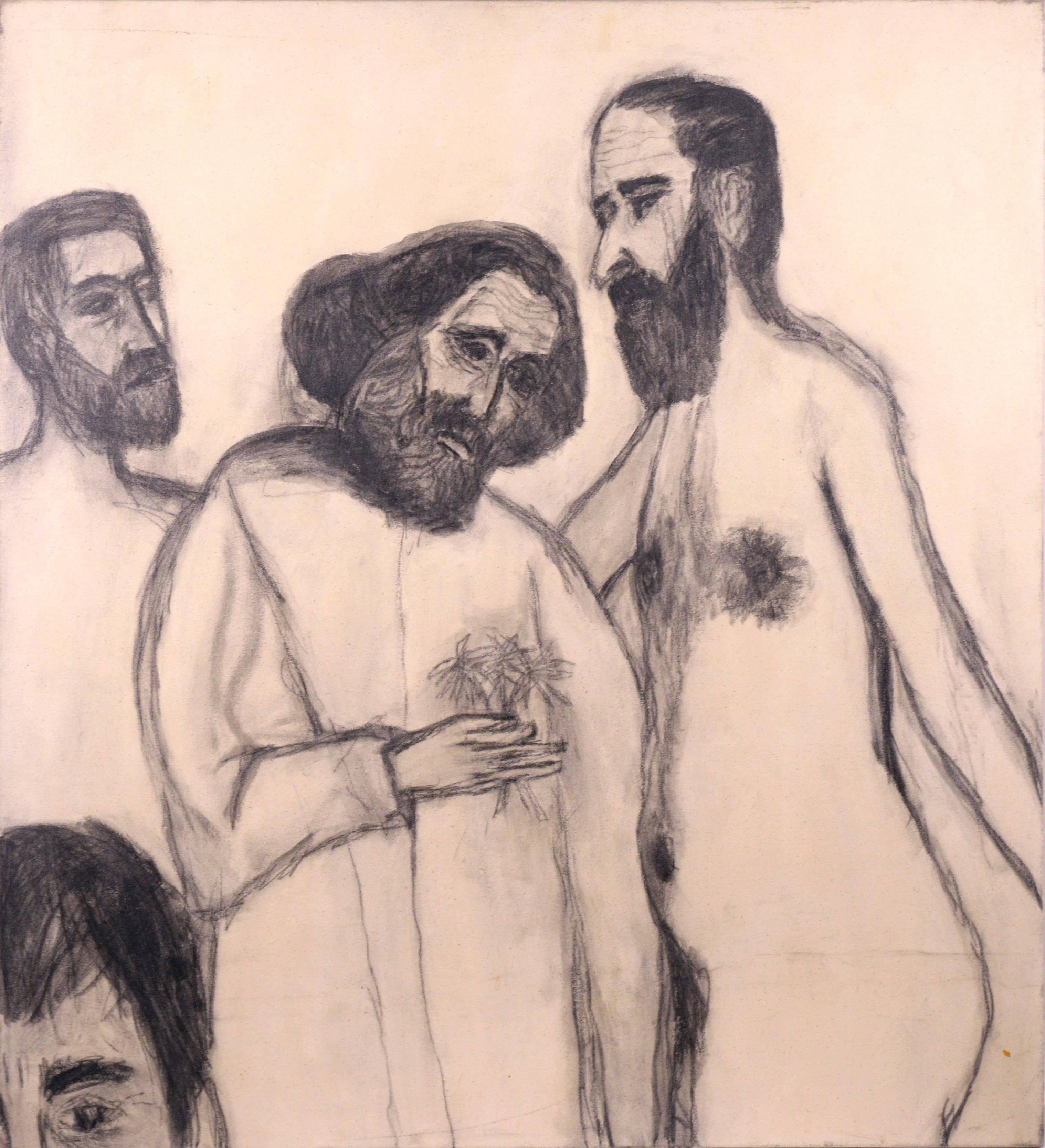
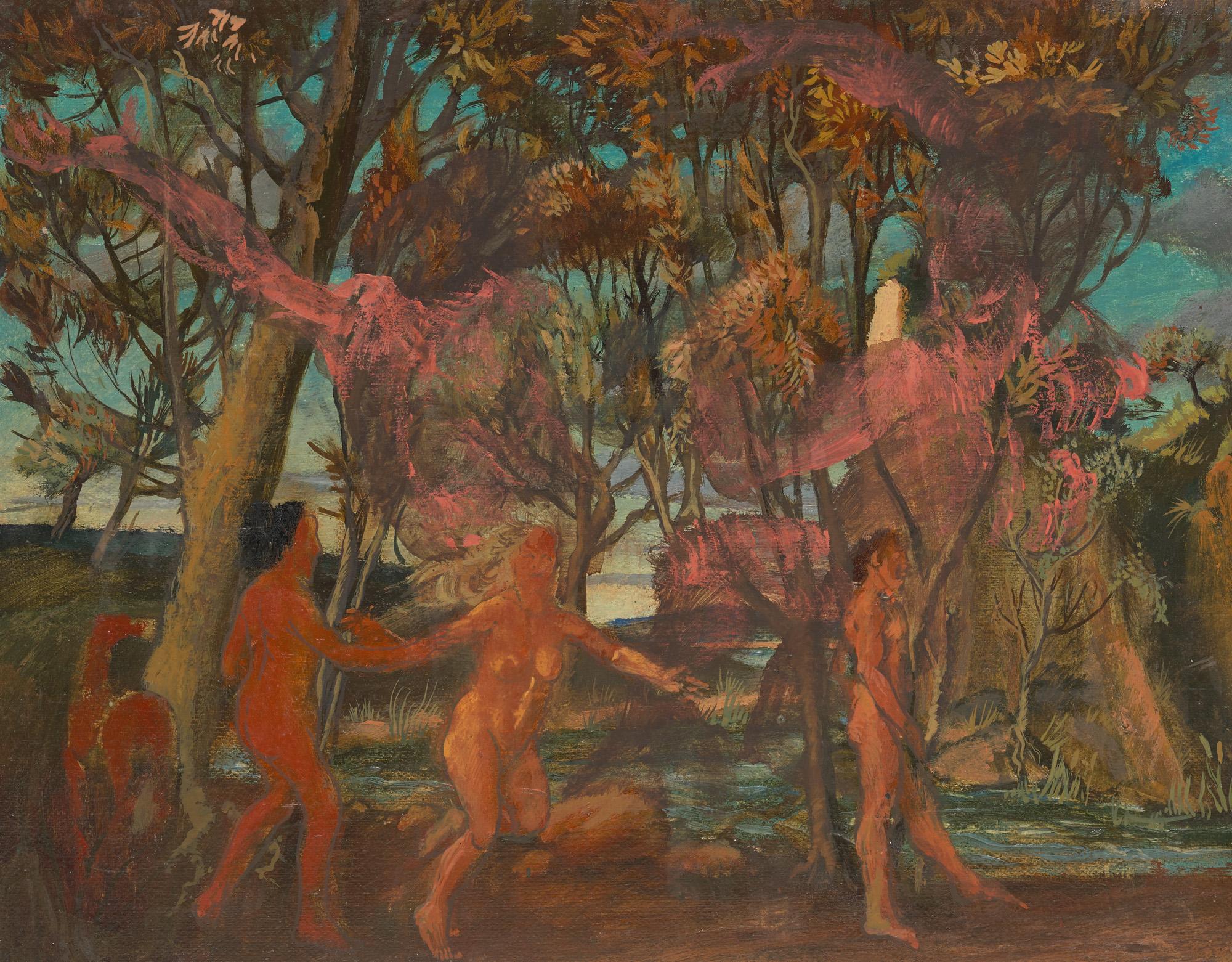
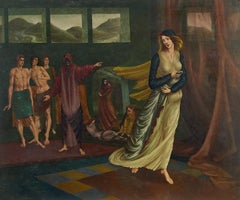
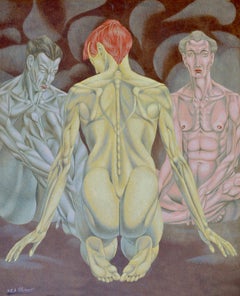
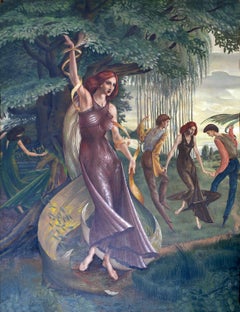
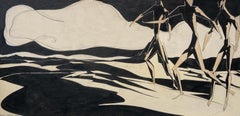
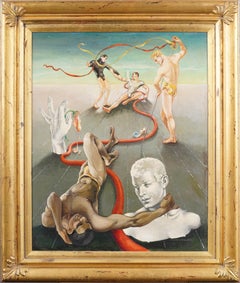
![[Bruce Sargeant (1898-1938)] Artist's Studio, Contemporary Figurative Painting](https://a.1stdibscdn.com/mark-beard-paintings-bruce-sargeant-1898-1938-artists-studio-for-sale/a_9323/1726073227289/Beard_Untitled_Artist_s_Studio__master.jpg?width=240)
